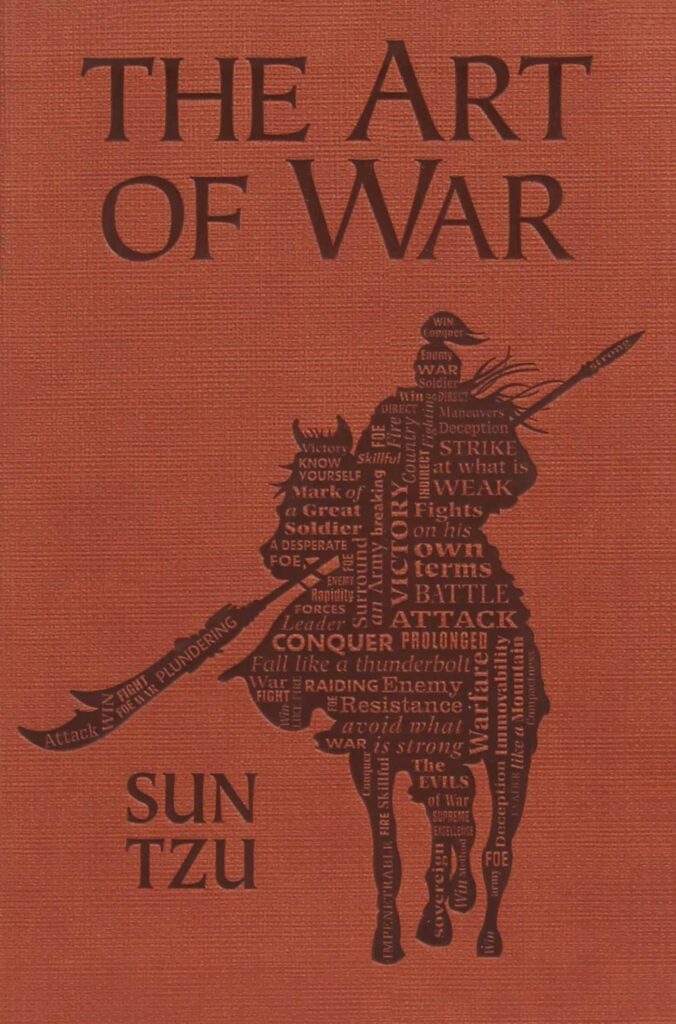The Art of War, written by Sun Tzu, has had a significant impact on ancient military tactics. The treatise, dating back to the 5th century BCE, emphasizes the importance of strategy, deception, understanding the terrain, adaptability, and unity and leadership. Sun Tzu’s teachings revolutionized ancient military practices, leading to a shift from impulsive and brute force tactics to a more strategic and calculated approach. His ideas influenced ancient military leaders to carefully plan and calculate before engaging in warfare, use deception to confuse and mislead the enemy, analyze and exploit the terrain to their advantage, adapt to changing circumstances, and foster unity and effective leadership. Sun Tzu’s principles continue to be revered and applied in modern warfare and other aspects of life.
The Art of War: Sun Tzu’s Influence on Ancient Military Tactics
Introduction
The Art of War, written by the ancient Chinese military general Sun Tzu, is a renowned treatise on military strategy and tactics. This influential text, which dates back to the 5th century BCE, has had a profound impact on ancient military practices, shaping warfare techniques and doctrines employed by various civilizations throughout history. In this article, we will explore the key ideas presented in The Art of War and how they influenced ancient military tactics.
The Importance of Strategy
One of the fundamental principles of The Art of War is the significance of strategy in achieving victory in battle. Sun Tzu emphasized the need for careful planning and calculation before engaging in warfare. He believed that a strong strategy could ensure victory, even against larger and seemingly more powerful opponents. This concept greatly influenced how ancient military leaders approached warfare, leading to a shift from impulsive and brute force tactics to a more strategic and calculated approach.
The Art of Deception
Sun Tzu also highlighted the importance of deception in warfare. He advocated for the use of various tactics, such as misinformation, decoys, and camouflage, to confuse and mislead the enemy. Ancient military commanders, inspired by Sun Tzu’s teachings, adopted these strategies to gain the upper hand in battle. They would intentionally create illusions, exploit their opponents’ weaknesses, and lure them into traps, ultimately securing victory through superior deception.
Understanding the Terrain
The Art of War places great emphasis on understanding and utilizing the terrain to one’s advantage. Sun Tzu argued that a thorough knowledge of the battleground, including its geography, climate, and natural obstacles, was crucial for victory. Ancient military leaders took this advice to heart and began conducting detailed reconnaissance of their battlefields, mapping out strategic points and obstacles. By analyzing the terrain, they could choose the most advantageous positions, exploit natural defenses, and effectively deploy their forces, thereby increasing their chances of success.
The Importance of Adaptability
Sun Tzu strongly emphasized the need for flexibility and adaptability in warfare. He believed that rigidity and inflexibility could lead to defeat, as the enemy would easily exploit predictable patterns. Instead, he advocated for the ability to change tactics, strategies, and formations swiftly in response to ever-evolving battle conditions. Ancient military leaders, highly influenced by The Art of War, started training their troops to be versatile, capable of adapting to changing circumstances on the battlefield, and making split-second decisions in the face of adversity.
Unity and Leadership
Another notable influence of Sun Tzu’s teachings on ancient military tactics was the emphasis on unity and effective leadership. The Art of War stresses the importance of a cohesive and disciplined army led by capable and respected leaders. Ancient military commanders recognized the significance of fostering unity among their troops, establishing a chain of command, and building trust and loyalty. They also understood that charismatic and confident leadership could inspire soldiers, boost morale, and ultimately lead to victory on the battlefield.
Conclusion
Sun Tzu’s The Art of War is a timeless masterpiece that continues to be studied and revered by military strategists and historians alike. Its profound influence on ancient military tactics cannot be overstated. From the adoption of strategic planning and deception to understanding the importance of adaptability, terrain, and leadership, ancient civilizations looked to Sun Tzu’s teachings as a guide for achieving success on the battlefield. The Art of War remains relevant even today, its principles extending beyond warfare and permeating various aspects of modern life.
